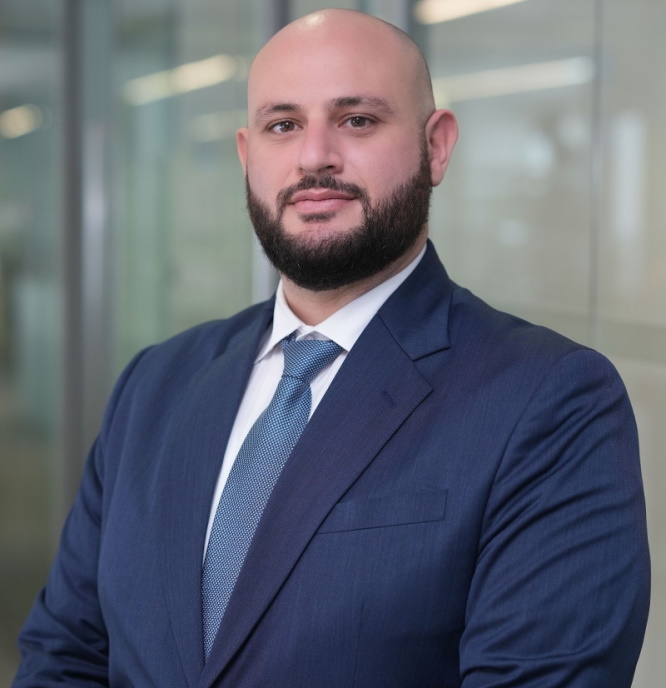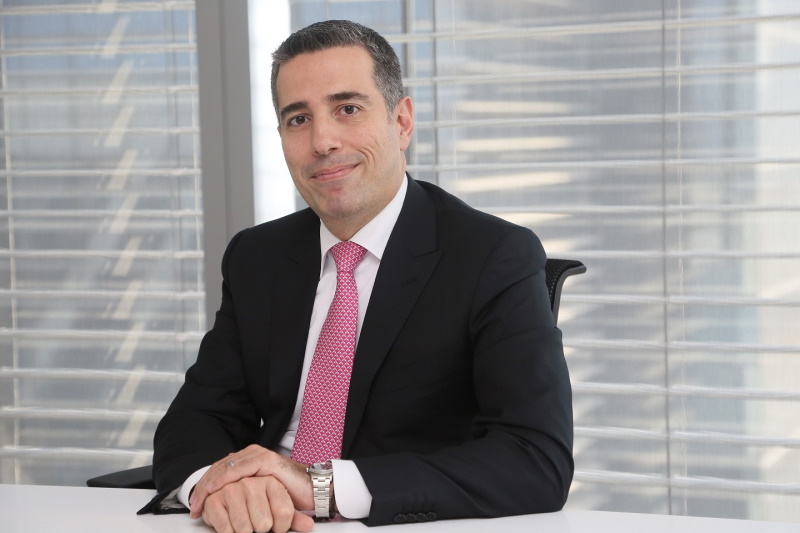
Metaverse projected to contribute US$15 billion annually to GCC economies by 2030 – Strategy& report
- Saudi Arabia will stand to gain most from the metaverse (US$7.6 billion), followed by the UAE (US$3.3 billion)
- Tourism industry stands to benefit the most to the tune of US$3.2 billion
The potential contribution of the metaverse to GCC economies could be around US$15 billion annually by 2030, according to the latest report by Strategy& Middle East, part of the PwC network, of which $7.6 billion would be in Saudi Arabia and $3.3 billion in the UAE.
Although the metaverse is still developing, the pace of change is swift. Organizations in the GCC should act now and seize the opportunity.
.jpg)
Tony G. Karam, Partner, Strategy& Middle East, said: “Overall, we estimate the metaverse will inject $15 billion annually into GCC economies by 2030. The projections assessed growth in the component technologies, platforms, hardware, and software, as well as the economic contribution of new metaverse applications such as content creation, shopping, and so on.”
The beauty of the metaverse is that it is neither a place nor a technology. Rather, it is the latest stage of the developing human/computer interface, one that is designed to create a seamless, pervasive, immersive, touchable, simulated experience so realistic as to parallel reality. You can visit a virtual construction site, for example, and see how buildings will look even before a shovel has entered the ground.
In July 2022, Dubai formally launched its metaverse strategy, with the aim of the emirate becoming a leading metaverse economy. The strategy is designed to add $4 billion to the economy and result in 40,000 new jobs over the next five years. The United Arab Emirates (UAE) has established the Middle East’s first metaverse incubator 8 to develop early-stage metaverse and Web3 applications.
NEOM, Saudi Arabia’s $500 billion city on the Red Sea, uses the metaverse to inform construction and provide architects, engineers, designers and others, an experience that allows for collaboration and customization. NEOM’s digital subsidiary has created a metaverse that allows people to be simultaneously in the city and the virtual world, in the form of an avatar or a hologram.

Dany Karam, Partner, Strategy& Middle East, said: “The metaverse holds a world of possibilities that extends beyond next-generation gaming and internet-based home buying or shopping. It will change how we work, transact, plan, design, build, shop, recreate, travel, and live. In a regional context, the metaverse’s potential to energize and transform key sectors in the Gulf Cooperation Council (GCC) countries is enormous.”
The report identifies travel and tourism (US$3.2 billion) as the sector with the potential to reap the greatest economic gain from the metaverse: an estimated US$3.2 billion.

Jad N. Baroudi, Principal, Strategy& Middle East, said: “There could be metaverse tours of AIUla, Saudi Arabia’s first UNESCO World Heritage Site, or of fashion festivals, spas, wellness retreats, and entertainment and sports events. Metaverse visits would inspire in-person travel. Later, travelers could return through the metaverse to relive their experiences.”
In terms of countries, Saudi Arabia will stand to gain most from the metaverse (US$7.6 billion), followed by the UAE (US$3.3 billion), Qatar (US$1.6 billion), Kuwait (US$1 billion), Oman (US$0.8 billion) and Bahrain (US$0.4 billion).
As the components of the metaverse continue to develop rapidly, its potential is becoming clearer, and its role is growing. As a result, the report calls on organizations to move decisively to prepare for the future.
Strategy& outlines six ways to start formulating a metaverse strategy:
- Imagine the possibilities: Organizations must imagine the possibilities. They should imagine how they can provide realistic experiences to customers in a make-believe environment.
- Identify relevant business use cases for pilot projects: Organizations must think strategically and practically about the use cases best suited to their business model and most aligned with their organizational purpose and aspirations—and then develop pilot projects.
- Build a robust digital infrastructure: Having a robust digital infrastructure in place is a prerequisite for developing metaverse experiences. The metaverse requires massive computing power, which means that organizations’ digital operations must expand considerably.
- Get on the ball with blockchain: Organizations must master blockchain, which is vital to ensure authenticity and maintain a clear chain of custody for records.
- Get smarter about data: Companies need robust, scalable data architectures and next-generation advanced analytics powered by machine learning. They also need people with related skills, such as proper data governance and data management skills.
- Make cybersecurity a priority: User acceptance depends on the assurance that organizations will safeguard customer and visitor information. In the metaverse, that information goes well beyond a user’s payment and account information. They must build their cyber defenses with stronger infrastructure and systems, along with the necessary human expertise.
The road ahead is likely to be winding and long. While organizations resolve the metaverse’s theoretical and practical issues, leaders should focus on its promise of value creation. They should prepare strategically and technologically now to take advantage of the metaverse’s possibilities tomorrow.


























